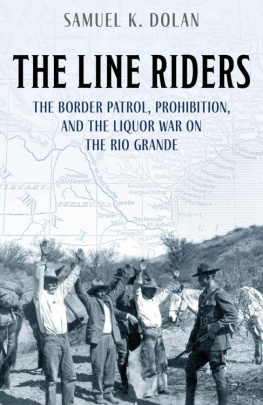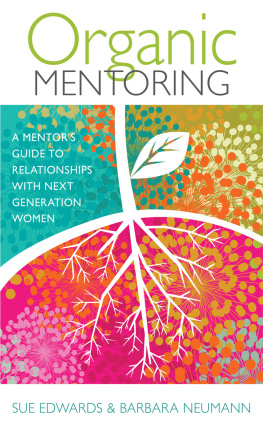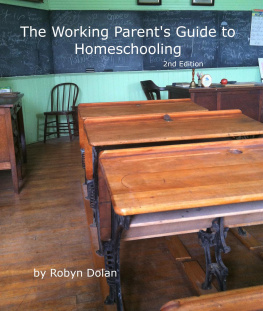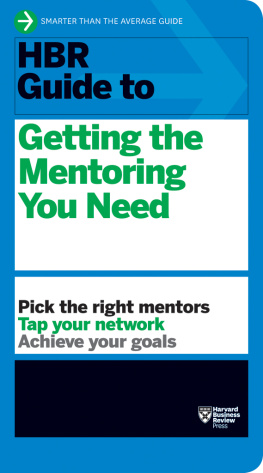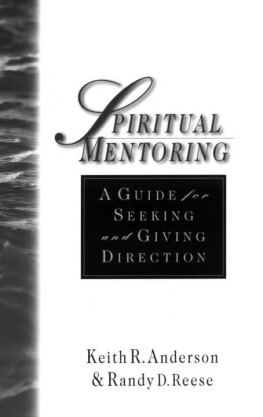by the same author
Family Support as Reflective Practice
Edited by Pat Dolan, John Canavan and John Pinkerton
Foreword by Neil Thompson
ISBN 978 1 84310 320 2
eISBN 978 1 84642 474 8
Family Support
Direction from Diversity
Edited by John Canavan, Pat Dolan and John Pinkerton
ISBN 978 1 85302 850 2
eISBN 978 1 84642 183 9
of related interest
101 Things to Do on the Street
Games and Resources for Detached, Outreach and Street-based Youth Work
2nd edition
Vanessa Rogers
ISBN 978 1 84905 187 3
eISBN 978 0 85700 419 2
From Violence to Resilience
Positive Transformative Programmes to Grow Young Leaders
Jo Broadwood and Nic Fine
ISBN 978 1 84905 183 5
eISBN 978 0 85700 314 0
Playing with Fire
Training for Those Working with Young People in Conflict
2nd edition
Fiona Macbeth and Nic Fine
With Jo Broadwood, Carey Haslam and Nik Pitcher
ISBN 978 1 84905 184 2
eISBN 978 0 85700 399 7
Working with Children and Teenagers Using Solution Focused Approaches
Enabling Children to Overcome Challenges and Achieve their Potential
Judith Milner and Jackie Bateman
ISBN 978 1 84905 082 1
eISBN 978 0 85700 261 7
Are You Okay?
A Practical Guide to Helping Young Victims of Crime
Pete Wallis
ISBN 978 1 84905 098 2
eISBN 978 0 85700 272 3
A Guide to
Youth Mentoring
Providing Effective Social Support
Pat Dolan and Bernadine Brady
Jessica Kingsley Publishers
London and Philadelphia
First published in 2012
by Jessica Kingsley Publishers
73 Collier Street
London N1 9BE, UK
and
400 Market Street, Suite 400
Philadelphia, PA 19106, USA
www.jkp.com
Copyright Pat Dolan and Bernadine Brady 2012
All rights reserved. No part of this publication may be reproduced in any material form (including photocopying or storing it in any medium by electronic means and whether or not transiently or incidentally to some other use of this publication) without the written permission of the copyright owner except in accordance with the provisions of the Copyright, Designs and Patents Act 1988 or under the terms of a licence issued by the Copyright Licensing Agency Ltd, Saffron House, 610 Kirby Street, London EC1N 8TS. Applications for the copyright owners written permission to reproduce any part of this publication should be addressed to the publisher.
Warning: The doing of an unauthorised act in relation to a copyright work may result in both a civil claim for damages and criminal prosecution.
Library of Congress Cataloging in Publication Data
A CIP catalog record for this book is available from the Library of Congress
British Library Cataloguing in Publication Data
A CIP catalogue record for this book is available from the British Library
ISBN 978 1 84905 148 4
eISBN 978 0 85700 339 3
With love and appreciation for those who
continue to support us in every way
Mary, Brendan, Eoin and Risn Dolan
and
P., Oisn and Eoghan Hoban
About the Authors
Professor Pat Dolan PhD is UNESCO Chair and Director at the Child and Family Research Centre, National University of Ireland (NUI) Galway, Ireland. He is an expert in family support and community-based interventions in helping adolescents, including youth mentoring models. He is co-editor, with John Canavan and John Pinkerton, of Family Support and Family Support as Reflective Practice, both published by Jessica Kingsley Publishers.
Dr Bernadine Brady PhD is Senior Researcher at the Child and Family Research Centre, NUI Galway, Ireland. She was lead researcher on a major evaluation of the Big Brothers Big Sisters Programme in Ireland, an internationally renowned youth mentoring programme. Her research interests include youth mentoring, civic engagement, family welfare conferencing and childrens participation.
Introduction
Since the late 1990s, there has been a growing emphasis on the need for community-based child-centred approaches to promote the welfare of children and young people. A range of localised services has been developed to support children, young people and families in addressing challenges and difficulties in their lives. Although mentoring and befriending programmes have been in existence in the USA for over a century, they have emerged internationally as part of this broader development of services. Such programmes aim to create a private relationship between an adult volunteer and a young person that lasts for a minimum of one year, during which time the pair meets weekly. The match is monitored by a professional caseworker to ensure its safety and progress. The idea is that a friendship will form which will be beneficial to the young person, and help to prevent future difficulties or be a support to them in facing adversity in their lives. The presence of this caring adult is expected to make a difference in the social and emotional development of the young person. Rather than focusing on deficits or what the young person lacks, programmes of this nature emphasise supporting young people to do their best with what they have in the circumstances in which they live.
The purpose of this book is to provide a simple overview of the theory, research and practice of youth mentoring and to highlight in particular how mentoring relationships can enhance the support available to young people. The core argument in the book is that mentoring can be a valuable source of support to young people, particularly those facing adversity or difficulty in their lives. The book aims to provide a thorough understanding of social support as it relates to young people, including the types of support that young people benefit from and the qualities and features of such support and to highlight how mentoring programmes can enhance this. All relationships are complex and the provision of effective support can be difficult. By providing an easily digestible account of the nuances of social support and the potential pitfalls associated with its provision, programme staff, mentors and interested readers will gain an understanding of how their practice can be enhanced. The book also highlights practical ways in which the support available to young people can be assessed, which can help in deciding whether mentoring is appropriate and, for young people who are matched a mentor, whether the relationship is perceived as valuable by them. Furthermore, the book focuses on the nuts and bolts of mentoring, such as recommended practices and research evidence, types of relationships and mentors approach that are more likely to be successful. There is also a focus on issues associated with mentoring in specific contexts such as schools and with particular groups of young people.
What is mentoring?
In the context of this book, mentoring refers to a relationship between a young person (mentee) and an older person (mentor) who is not related to them. There are many definitions of mentoring, all of which are useful. For example, the Youth Mentoring Network in New Zealand provides the following definition:
The process by which a more experienced, trusted guide forms a relationship with a young person who wants a caring, more experienced person in his/her life, so that the young person is supported in growth towards adulthood and the capacity to make positive social connections and build essential skills is increased. (Dunphy



